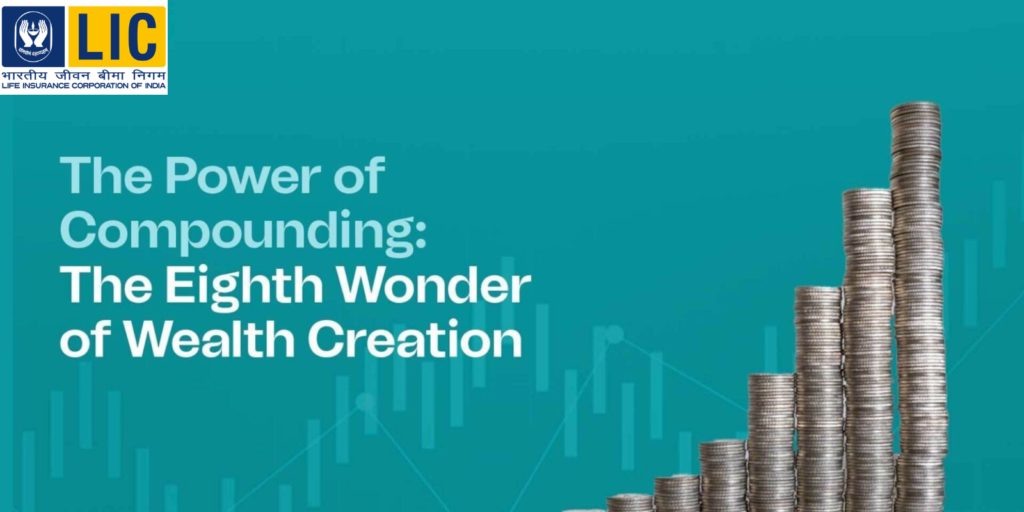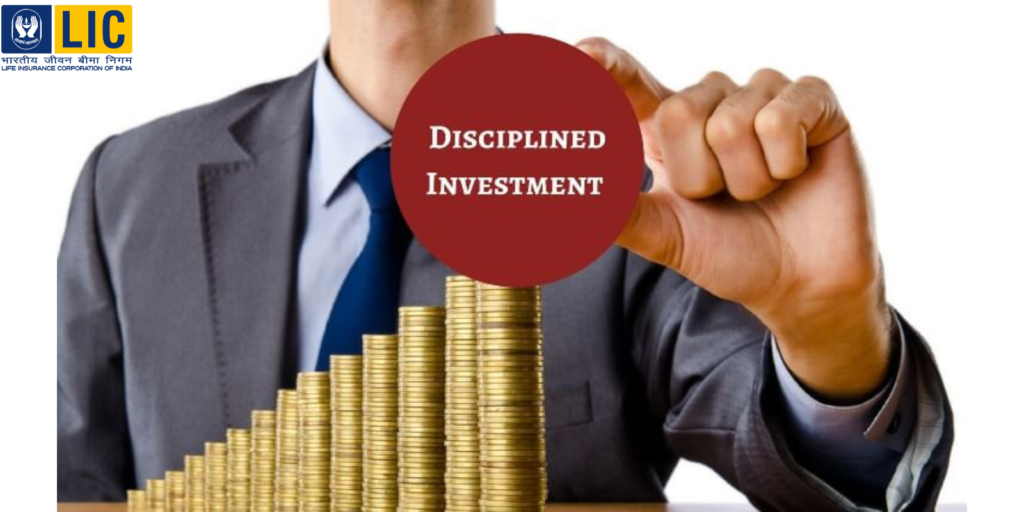
The Magic of Compounding: The Snowball Effect
Albert Einstein, a man of profound intellect, once declared, “Compound interest is the 8th wonder of the world. He who understands it, earns it; he who doesn’t, pays it.” This statement, while concise, encapsulates one of the most powerful forces in finance: “The Magic of Compounding”.
Unraveling the Mystery of Compounding
At its core, compounding is the process of reinvesting earnings to generate additional earnings. It’s akin to a snowball rolling down a hill, gathering momentum and size with each turn. In the financial realm, this translates to earning interest on your initial investment, and then earning interest on that interest, and so on.
The allure of ‘Magic of Compounding’ lies in its ‘Exponential Growth’. Unlike linear growth, where progress occurs at a steady pace, exponential growth accelerates over time. This acceleration is fueled by the reinvestment of earnings, which propels further growth. The longer the investment horizon and the higher the rate of return, the more pronounced the effects of compounding become.
A Tale of Two Investments
To illustrate the power of compounding, let’s consider a simple example:
- Investment A: You invest ₹ 10,000 at an annual return of 10% for 10 years, withdrawing the interest each year.
- Investment B: You invest ₹10,000 at an annual return of 10% for 10 years, reinvesting the interest each year.
After 10 years, Investment A would grow to approximately ₹25,937. However, Investment B, with the power of compounding, would soar to over ₹159,374. This stark difference underscores the potential of compounding to amplify wealth over time.
Harnessing the Power of Compounding
To maximize the benefits of “The Magic Of Compounding”, consider the following strategies:
FV = PV(1+R)^N
FV=> Future Value, PV=> Present Value, R=> Rate on Return, N=> Number of Period
- Start Early: The earlier you begin investing, the more time your money has to grow. Even small, consistent investments can yield significant returns over the long term.
- Invest Consistently: Regular contributions to your investment portfolio can accelerate the compounding effect. Automate your investments to ensure consistency and discipline.
- Seek Higher Returns: While it’s important to balance risk and return, investing in assets with higher potential returns can boost the power of compounding. However, always conduct thorough research or consult with a financial advisor before making investment decisions.
- Minimize Fees: High fees can erode your investment returns over time. Opt for low-cost investment vehicles like ‘Index Funds’ to reduce expenses.
- Avoid Premature Withdrawals: Resist the temptation to withdraw funds from your investments, especially during market downturns. By staying invested, you allow your portfolio to recover and continue growing.
- Stay Informed: Keep abreast of market trends and economic conditions. Stay informed about your investments and make adjustments as needed to optimize your portfolio.
- Work on MSI – Multiple Sources Of Income To Secure Your ‘Financial Freedom’.
The 8th Wonder in Action: Real-World Examples
The power of compounding is not just a theoretical concept; it’s evident in the real world:
- Warren Buffett: One of the world’s most successful investors, Warren Buffett has amassed a significant fortune through disciplined investing and the magic of compounding.
- Retirement Savings: Compound interest is a crucial tool for building a comfortable retirement nest egg. By starting early and investing consistently, you can accumulate substantial wealth over time.
- Debt Reduction: While compounding can work in your favor, it can also work against you. Paying off high-interest debt can save you significant money in the long run.
Conclusion
The magic of compounding is a testament to the enduring power of time and the rewards of delayed gratification. By understanding and harnessing this concept, individuals can build significant wealth and secure their financial future. As Albert Einstein wisely observed, those who grasp the intricacies of compounding are well-positioned to reap its extraordinary benefits.
Remember, the journey of a thousand miles begins with a single step. Start your compounding journey today, and let the eighth wonder work its magic on your financial goals
The Biggest Cost in Investment : Indiscipline
Table of Contents
Toggle
Indiscipline: The Silent Thief of Wealth
While financial knowledge and a sound investment strategy are essential for wealth creation, it’s often overlooked that indiscipline is the silent thief that can derail even the most well-laid plans. Here’s how:
1. Emotional Investing
- Fear and Greed: These powerful emotions can cloud judgment and lead to impulsive decisions. Fear can prompt selling during market downturns, locking in losses, while greed can encourage overpaying for assets at market peaks.
- Impatience: The desire for quick riches can lead to short-term trading strategies, often resulting in lower returns and higher transaction costs.
2. Lack of Diversification
- Concentrated Positions: Investing heavily in a few stocks or sectors can expose your portfolio to significant risk. A single negative event can wipe out a substantial portion of your wealth.
- Ignoring Asset Allocation: Failing to balance your portfolio across different asset classes can increase volatility and reduce long-term returns.
3. Ignoring Rebalancing
- Drifting Asset Allocation: Over time, the relative weight of different assets in your portfolio can shift due to market fluctuations. Rebalancing ensures your portfolio aligns with your risk tolerance and investment goals.
- Missed Opportunities: Neglecting to rebalance can lead to suboptimal performance, as you may miss out on opportunities in outperforming asset classes.
4. Poor Financial Planning
- Lack of Goals: Without clear financial goals, it’s difficult to make informed investment decisions.
- Insufficient Savings: Inadequate savings can force you to sell investments prematurely to meet financial obligations.
- Overspending: Excessive spending can erode your wealth and limit your ability to invest.
5. Ignoring Taxes
- Suboptimal Tax Planning: Failing to consider tax implications can significantly reduce your investment returns.
- Missed Tax Breaks: Overlooking tax-advantaged investment vehicles can limit your wealth-building potential.
6. Chasing Trends
- Herding Behavior: Following the crowd can lead to buying high and selling low.
- Ignoring Fundamentals: Focusing on short-term trends can distract from long-term value investing.
7. Lack of Continuous Learning
- Stagnation: The investment landscape is constantly evolving. Staying updated with the latest trends and market developments is crucial.
- Missed Opportunities: A lack of knowledge can prevent you from capitalizing on emerging investment opportunities.
Remedy –
- Begin Your Investment Journey with a Time Bound, & well defined Goal in Monetary Terms.
- Start Investing in the instruments with Lock-in provision e’g INDEX PLUS, ELSS Funds.
- Develop a Mindset of Long Term Investment. To do this don’t look into the daily Market movements/Business Channels/Social Media/Friend Cirle etc.
- The Best possible remedy is not to discuss your financial planning with everyone because when market is at it’s extreme everyone become a self certified financial expert.
The Bottom Line
While investing requires knowledge and skill, it’s equally important to cultivate discipline and patience. By staying focused on your long-term goals, avoiding emotional decisions, and making informed choices, you can harness the power of compounding and build a substantial wealth.
For Any Further Query Kindly Click Here.
